Unlocking the Value of Asphalt Mixing Plant Advantages for Global Buyers
In recent years, the global demand for high-quality road infrastructure has surged, driving significant interest in the asphalt mixing plant industry. According to a report by Market Research Future, the asphalt mixing plant market is anticipated to reach a substantial value of over $7 billion by 2025, growing at a CAGR of 5.5%. This growth is primarily fueled by increased investments in road construction and maintenance across emerging economies. The advantages of modern asphalt mixing plants, including enhanced production efficiency, superior mix quality, and reduced environmental impact, are pivotal for global buyers seeking to capitalize on these trends.
Understanding the benefits of various asphalt mixing plant types enables road construction companies to make informed decisions, ensuring optimal project outcomes and significant economic returns.
Understanding Asphalt Mixing Plant: Key Features and Benefits
Asphalt mixing plants have become essential for construction projects worldwide, offering a range of features and benefits that satisfy the diverse needs of global buyers. Key to their functionality is the ability to produce high-quality asphalt mixtures efficiently and consistently. These plants utilize advanced technologies, including computerized control systems and precision measuring equipment, ensuring optimal mixing ratios and minimal waste. Their modular design allows for easy transportation and setup, making them suitable for varied project scales.
Tip: When selecting an asphalt mixing plant, consider the production capacity that matches your project requirements to maximize efficiency and output.
Another vital aspect of asphalt mixing plants is their environmental performance. Modern plants are designed with emission control systems that reduce harmful pollutants, ensuring compliance with international regulations and promoting sustainable practices. Many models feature energy-saving technologies that lower operational costs and enhance productivity while being eco-friendly.
Tip: Look for certifications and eco-labels when purchasing an asphalt mixing plant to ensure you choose a model that meets environmental standards.
Investing in an asphalt mixing plant not only enhances operational capabilities but also provides financial benefits over time through lower maintenance costs and increased productivity.
Comparing Different Types of Asphalt Mixing Plants for Global Buyers
When considering the procurement of asphalt mixing plants, global buyers are faced with a variety of options, each offering distinct advantages tailored to different project requirements. The primary types—batch, continuous, and mobile asphalt mixing plants—serve diverse operational needs. According to a report by Grand View Research, the global asphalt mixing plant market is projected to reach $6.5 billion by 2025, indicating robust growth driven by infrastructure developments and increasing highway construction activities.
Batch mixing plants are often preferred for their versatility and the ability to produce high-quality asphalt with exact specifications. They allow for intermittent production, making them ideal for projects that require varied asphalt grades. In contrast, continuous mixing plants provide a more efficient process, generating asphalt without interruptions. This type is particularly beneficial for large-scale projects with consistent demand, as detailed in the 2021 Market Research Report by Technavio, which highlights that continuous plants can improve efficiency by up to 30% compared to batch plants.
Mobile asphalt mixing plants offer an additional advantage for projects that are geographically dispersed or require frequent relocation. These plants can be easily transported and set up, reducing downtime during transitions. As outlined in the report by Research and Markets, the demand for mobile options is increasing, driven by their flexibility and lower setup costs on site. Understanding these distinct types of asphalt mixing plants allows buyers to make informed decisions based on their specific project needs and investment strategies.
Evaluating Cost-Effectiveness: The Long-Term Value of Asphalt Mixing Plants
Investing in an asphalt mixing plant offers substantial long-term value for global buyers, particularly when evaluating cost-effectiveness. The initial expenditure might seem daunting, but when calculated against the operational lifespan of the equipment, the return on investment becomes evident. High-quality asphalt mixing plants provide consistent output and enhanced efficiency, reducing the costs associated with raw material wastage and labor. Additionally, advancements in technology have introduced energy-efficient models that further decrease operational costs and carbon footprints, making them not only economically sound but also environmentally friendly.
The value of an asphalt mixing plant also extends beyond mere cost savings. These plants empower buyers with greater control over production timelines and quality assurance. By producing asphalt in-house, contractors can minimize reliance on external suppliers, safeguarding against price fluctuations and supply chain disruptions. This newfound autonomy allows for more precise project scheduling and enhanced flexibility to adapt to evolving project demands. As a result, the long-term benefits of ownership outweigh the upfront investments, paving the way for sustainable growth in the construction industry.
Unlocking the Value of Asphalt Mixing Plant Advantages for Global Buyers - Evaluating Cost-Effectiveness: The Long-Term Value of Asphalt Mixing Plants
| Plant Type |
Initial Cost (USD) |
Annual Maintenance Cost (USD) |
Average Production Capacity (tons/hour) |
Expected Lifespan (years) |
Long-Term Value (USD) |
| Batch Mixing Plant |
150,000 |
10,000 |
80 |
20 |
1,500,000 |
| Continuous Mixing Plant |
200,000 |
15,000 |
120 |
15 |
1,800,000 |
| Mobile Mixing Plant |
120,000 |
8,000 |
60 |
10 |
600,000 |
| Recycling Asphalt Plant |
180,000 |
12,000 |
75 |
25 |
1,250,000 |
Essential Features to Look for When Purchasing an Asphalt Mixing Plant
When considering the purchase of an asphalt mixing plant, potential buyers should focus on several essential features that can significantly impact operational efficiency and cost-effectiveness.
One of the primary features to assess is the plant's production capacity. Buyers must determine their project needs and choose a plant that can handle the expected volume, ensuring timely completion of projects without unnecessary delays. Additionally, scalability is crucial; a plant that can adapt to varying production needs provides flexibility for future projects.
Another important aspect is the technology and innovation incorporated into the asphalt mixing plant. Modern plants equipped with advanced automation and control systems not only enhance mixing precision but also improve fuel efficiency. Buyers should also look for features like environmental compliance systems, which minimize emissions and ensure adherence to local regulations. Moreover, durability and maintenance requirements should be factored in, as plants designed for easy upkeep will reduce downtime and extend the overall lifespan of the equipment.
By focusing on these essential features, global buyers can make informed decisions that maximize the value and performance of their asphalt mixing plant investments.
Navigating the Global Market: Tips for Successful Asphalt Plant Procurement
When navigating the global market for asphalt mixing plants, buyers must consider several
critical factors that influence procurement success.
According to a report by Market Research Future, the asphalt mixing plant market is projected to grow at a
CAGR of 5.3% between 2020 and 2027, driven by increasing infrastructure projects worldwide.
This growth highlights the importance of understanding specific market trends, regional demands, and technological advancements, which can help buyers make informed decisions.
An effective procurement strategy involves analyzing supplier capabilities and their technological offerings.
As noted in a recent study by Technavio, the global asphalt mixing plant market exhibits a
rising preference for environmentally friendly solutions, with around
60% of buyers prioritizing plants that comply with stringent emission regulations.
Additionally, leveraging digital tools for procurement can enhance transparency and streamline the sourcing process.
By focusing on these aspects, global buyers can unlock the value of asphalt mixing plants, ultimately leading to
more efficient and cost-effective project execution.

Home
About Us
Products
 Concrete Mixing Plant
Concrete Mixing Plant
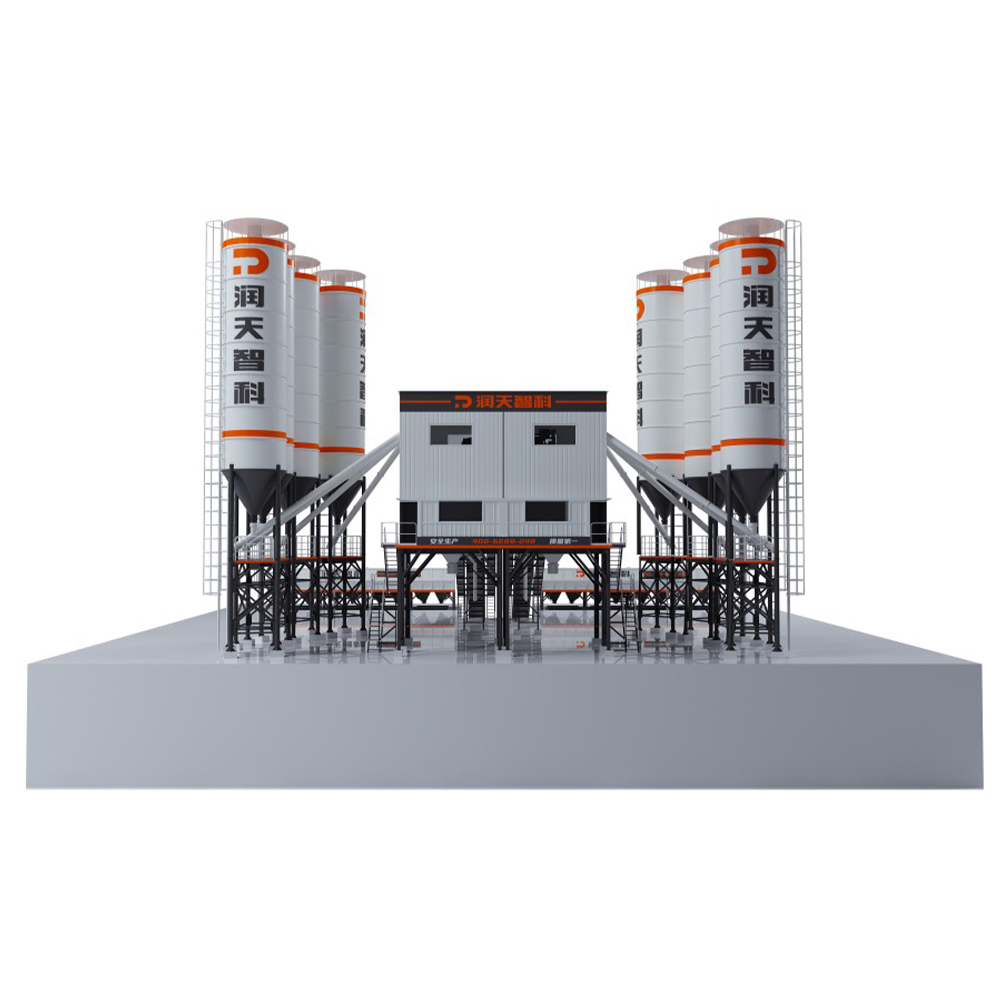 HZS Series Belt Concrete Mixing Plant
HZS Series Belt Concrete Mixing Plant
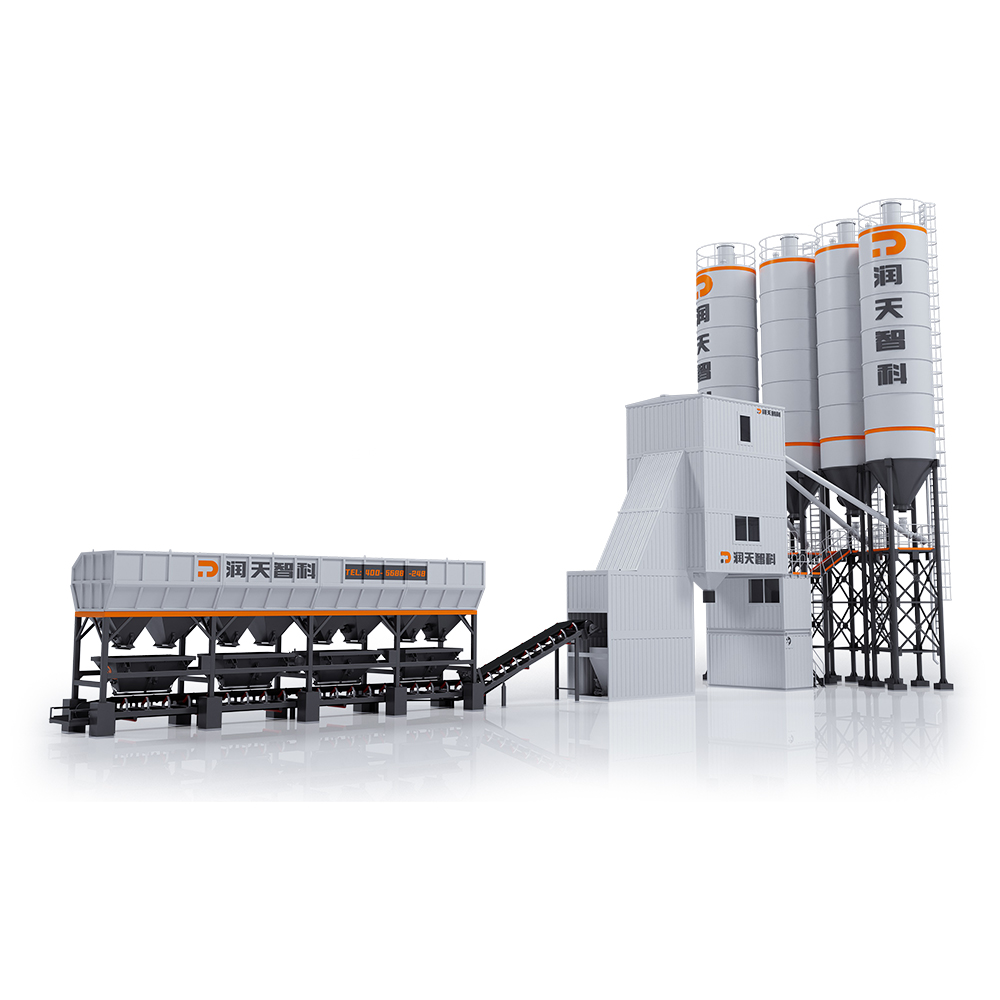 HZS Series Bucket-Lifting Type Container Concrete Mixing Plant
HZS Series Bucket-Lifting Type Container Concrete Mixing Plant
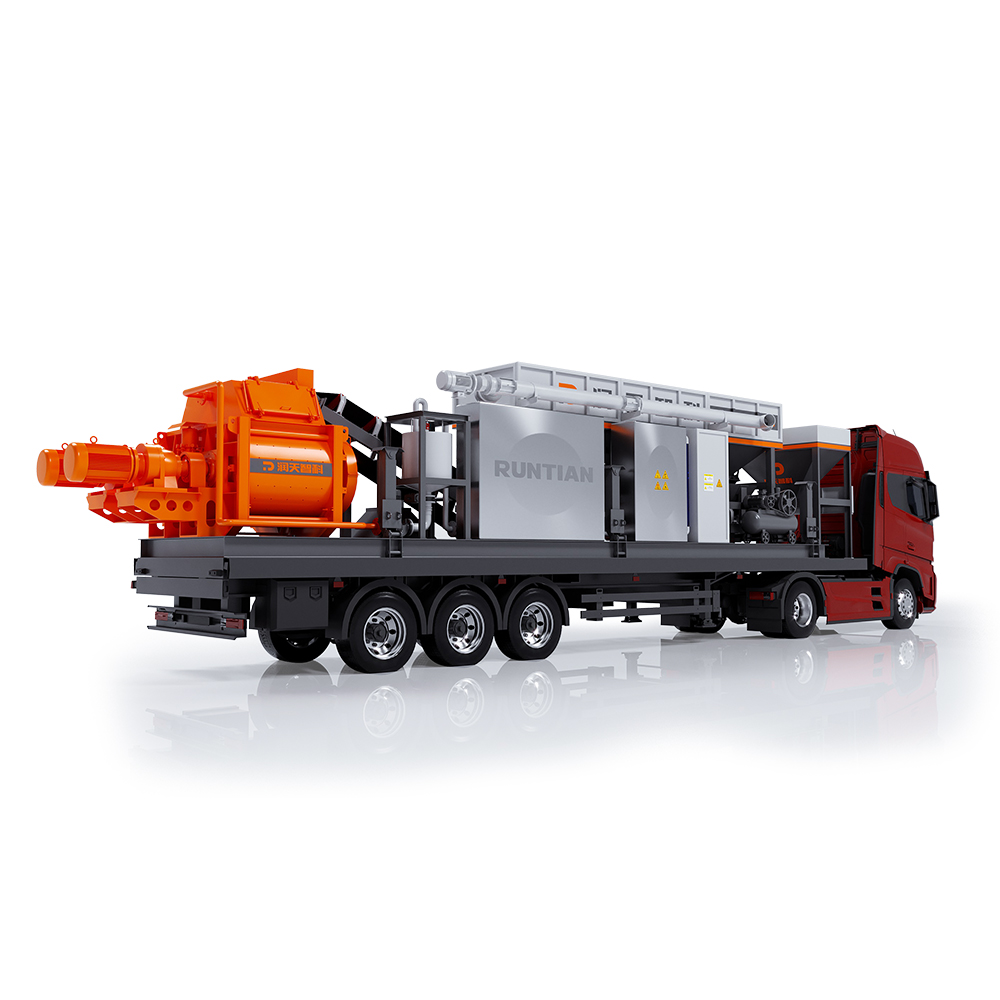 HZS60 Mobile Concrete Mixing Plant
HZS60 Mobile Concrete Mixing Plant
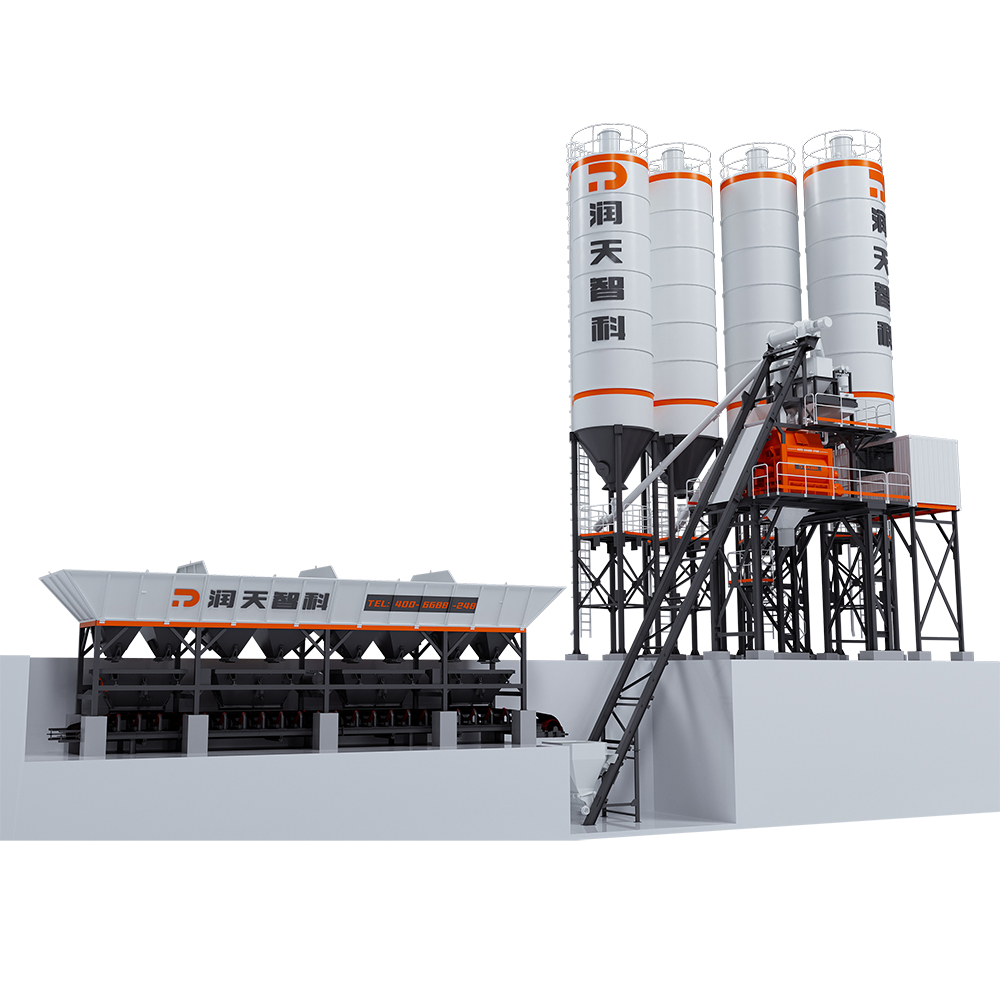 HZS Series Bucket-Lifting Type Concrete Mixing Plant
HZS Series Bucket-Lifting Type Concrete Mixing Plant
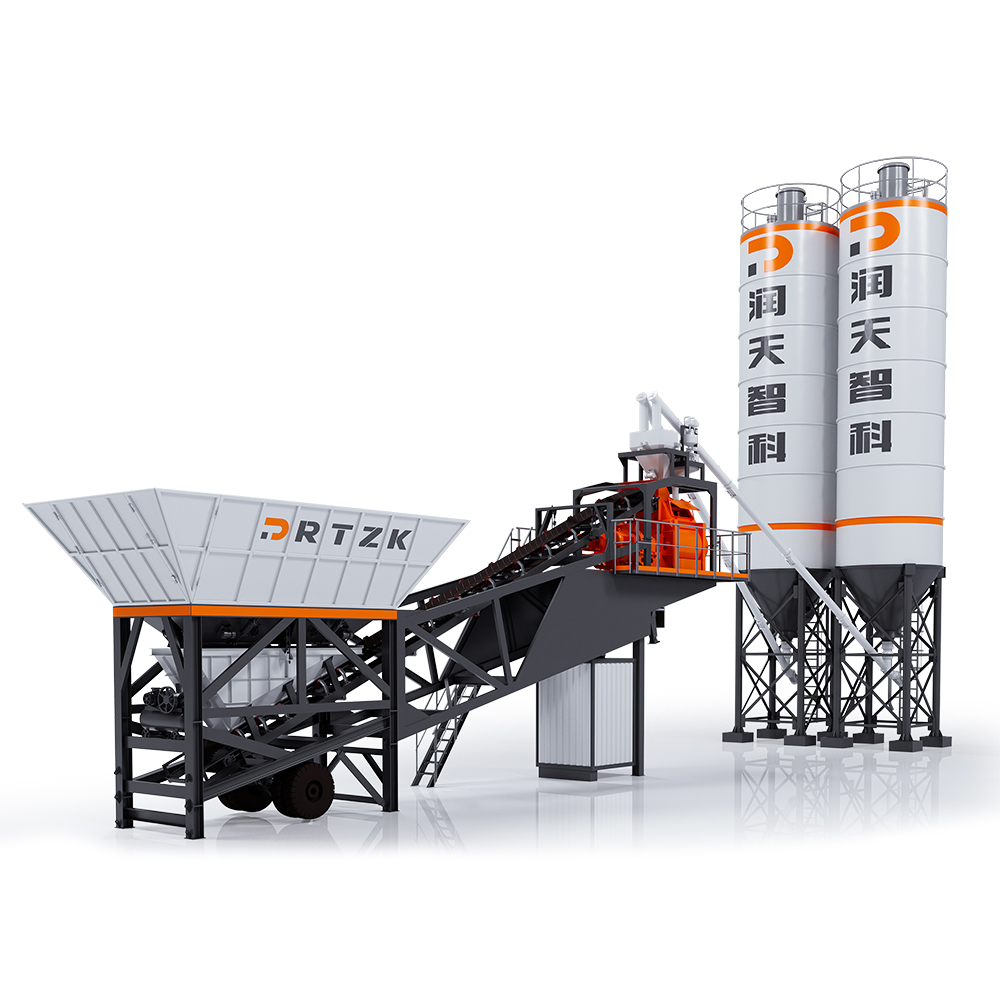 HZS Series Mobile Concrete Mixing Plant
HZS Series Mobile Concrete Mixing Plant
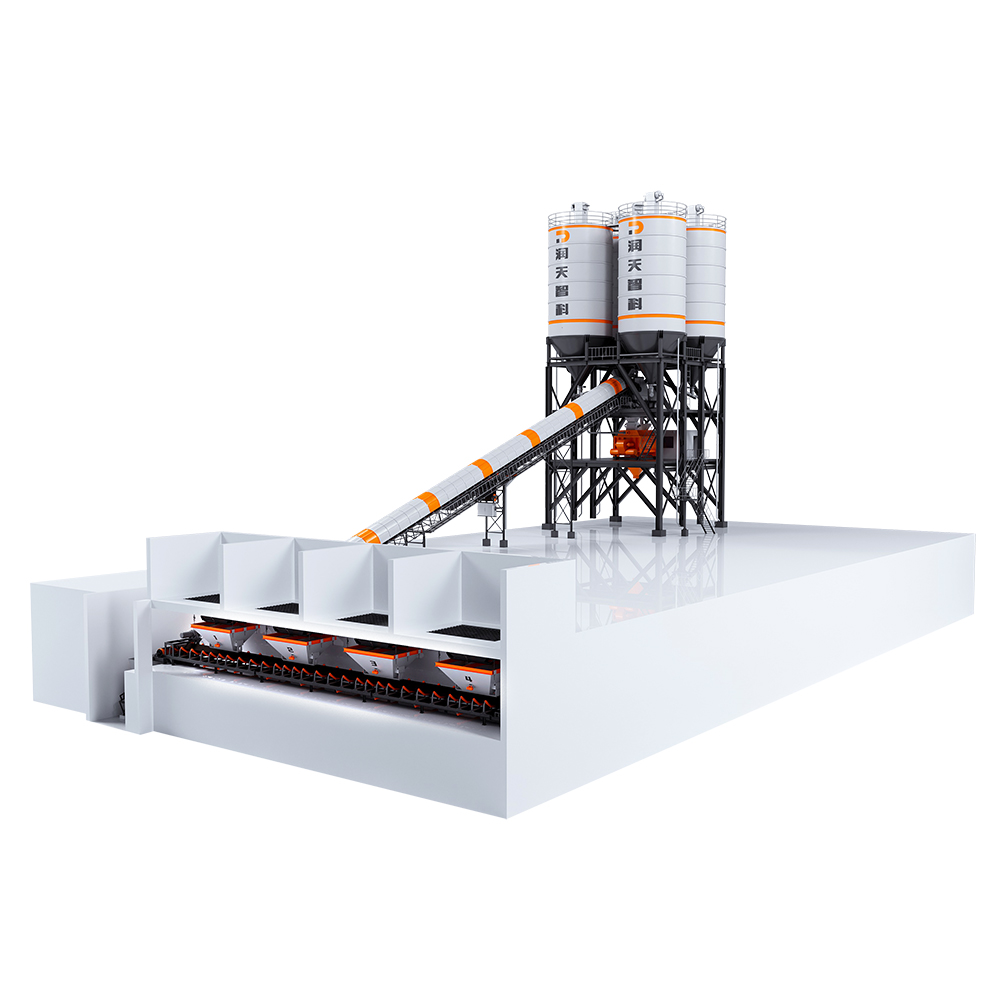 HZS Series Top-Mounted Concrete Mixing plant
HZS Series Top-Mounted Concrete Mixing plant
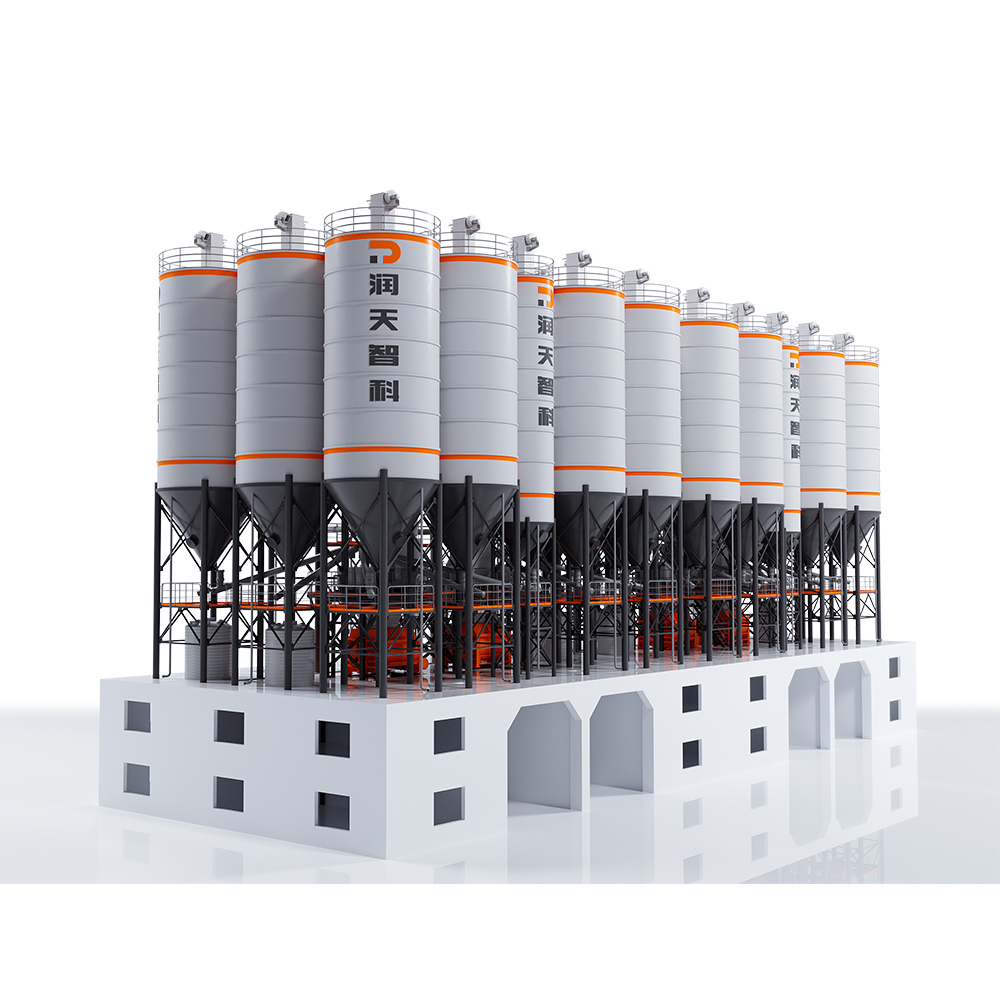 HZS Series Semi-Top Mounted Concrete Mixing Plant
HZS Series Semi-Top Mounted Concrete Mixing Plant
 Stabilized Soil Mixing Plant
Stabilized Soil Mixing Plant
 Asphalt Mixing Plant
Asphalt Mixing Plant
 Sand & Gravel Crushing and Screening Plant
Sand & Gravel Crushing and Screening Plant
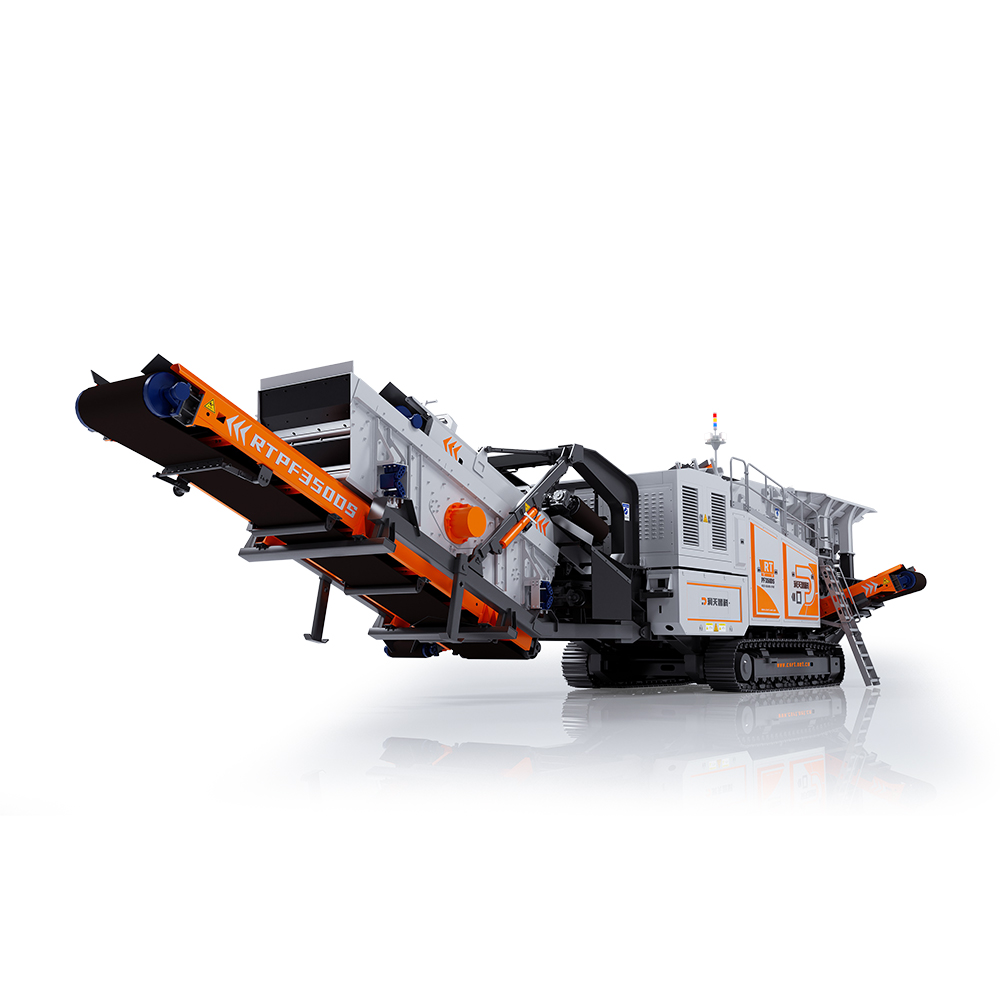 RTPF350DS Crawler Mobile Impact Crushing Plant
RTPF350DS Crawler Mobile Impact Crushing Plant
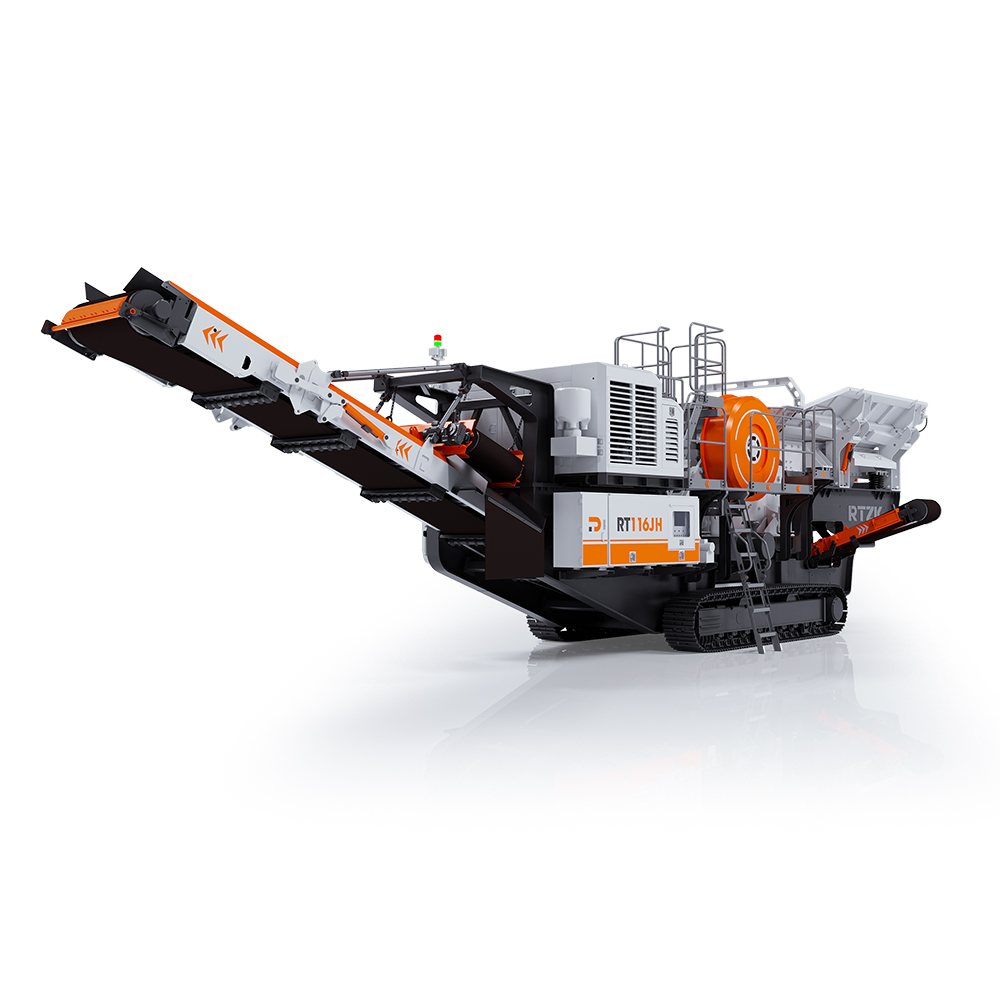 RT116JH Crawler Mobile Jaw Crushing Plant
RT116JH Crawler Mobile Jaw Crushing Plant
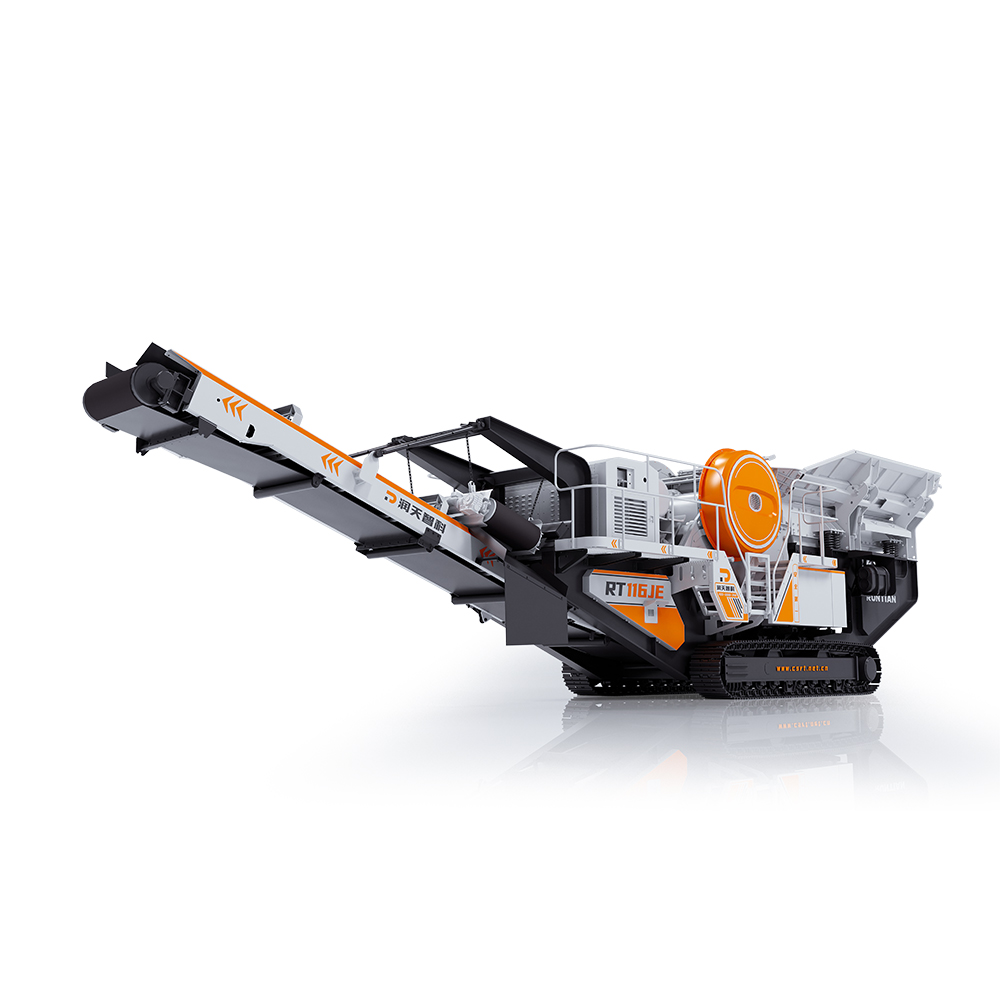 RT116JE Crawler Mobile Jaw Crushing Plant
RT116JE Crawler Mobile Jaw Crushing Plant
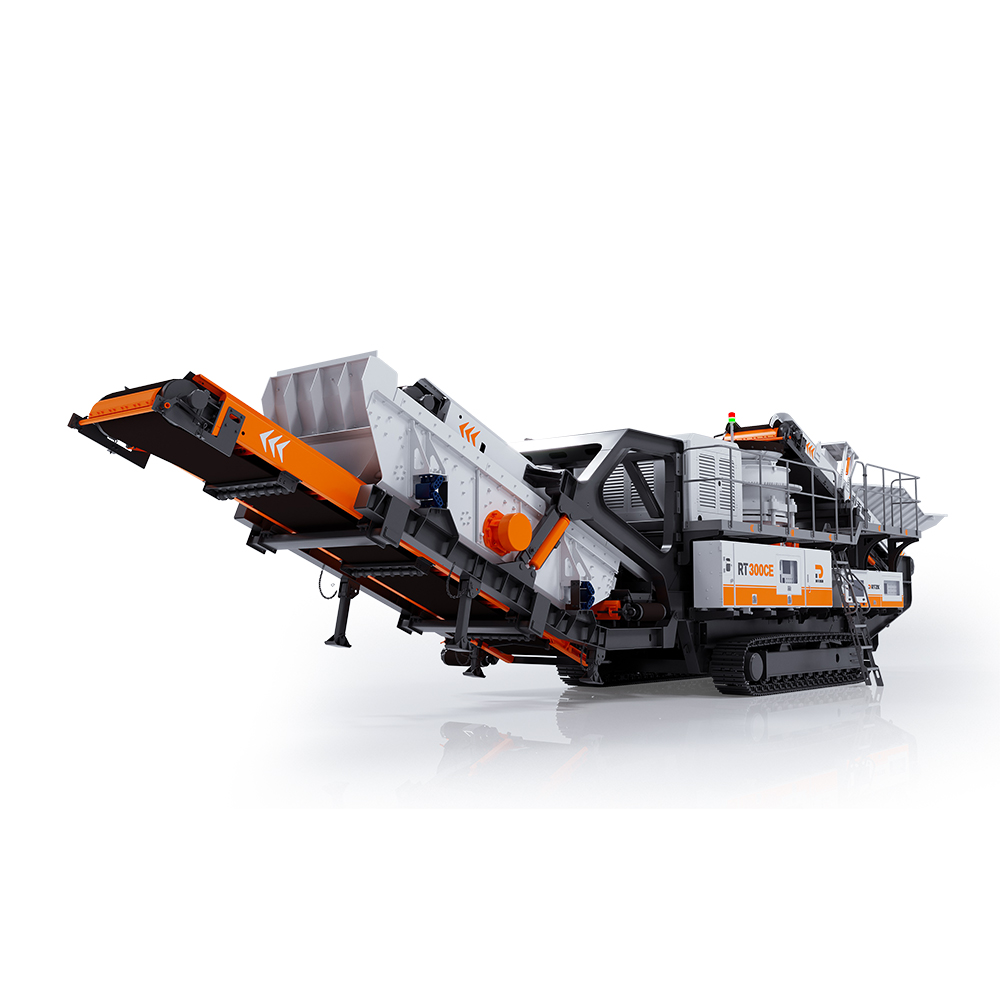 RT300CE Crawler Mobile Cone Crushing Plant
RT300CE Crawler Mobile Cone Crushing Plant
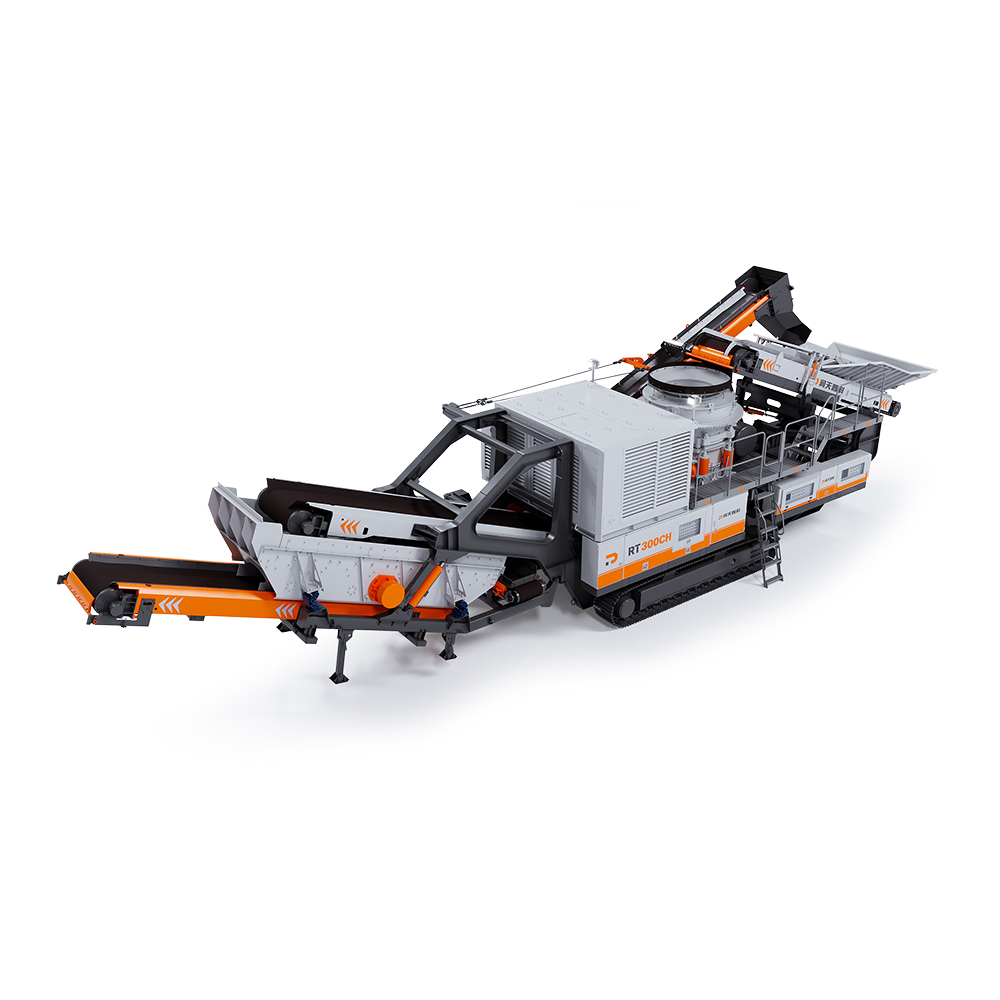 RT300CH Crawler Mobile Cone Crushing Plant
RT300CH Crawler Mobile Cone Crushing Plant
 RT5015H Mobile Scalping Screen
RT5015H Mobile Scalping Screen
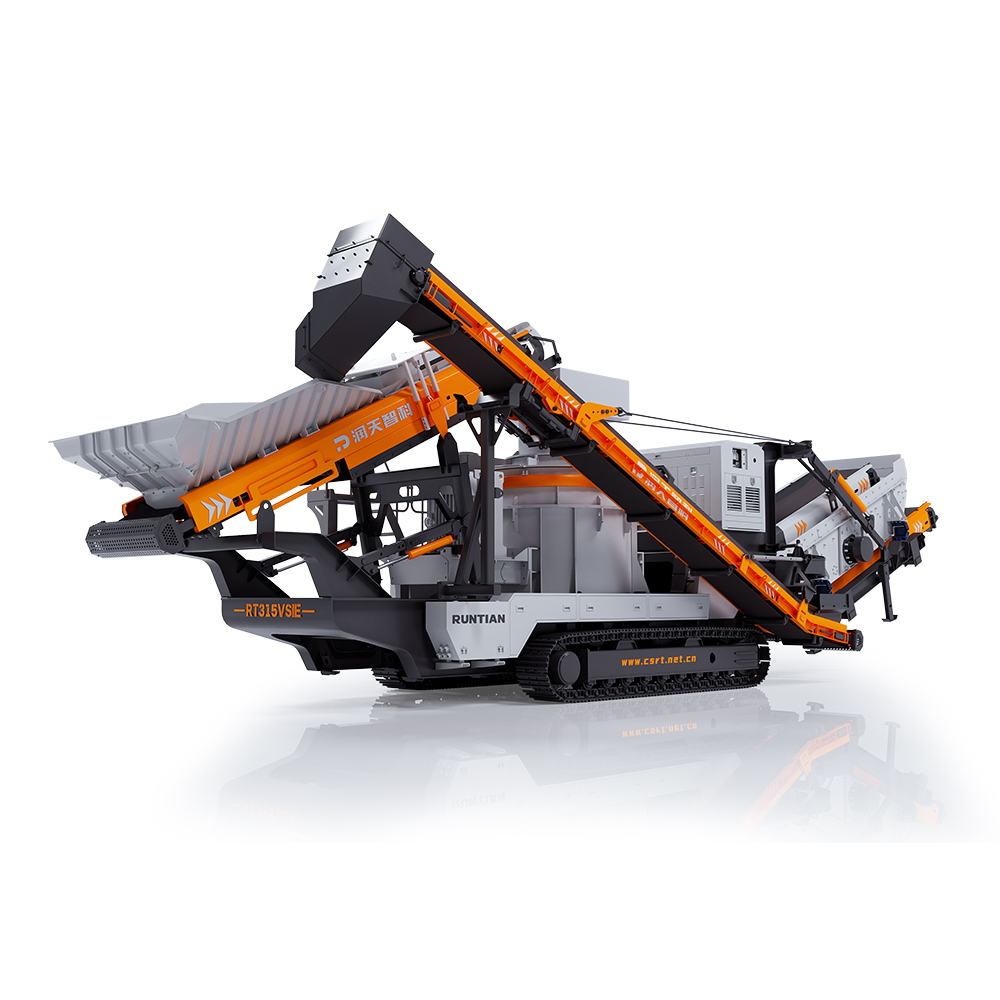 RT315VSIE Crawler Mobile Sand Maker
RT315VSIE Crawler Mobile Sand Maker
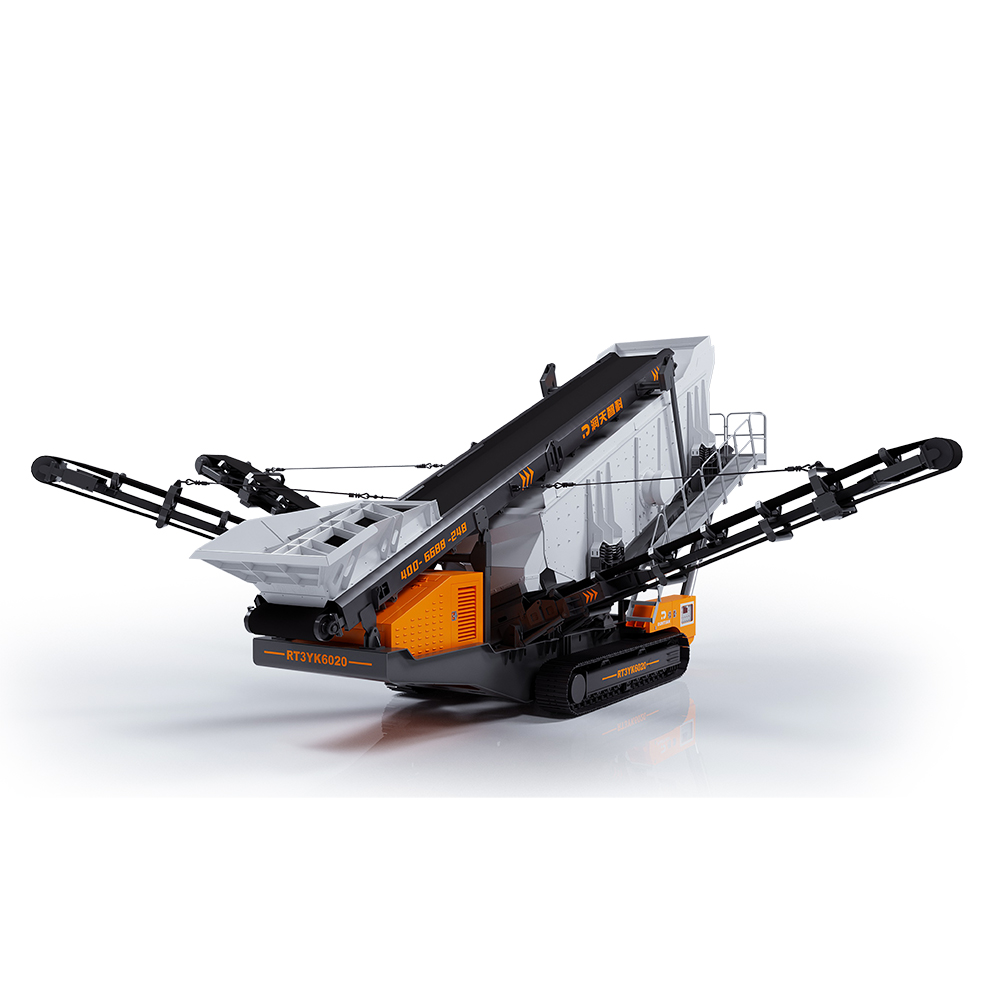 RT3YK6020 Crawler Mobile Screening Plant
RT3YK6020 Crawler Mobile Screening Plant
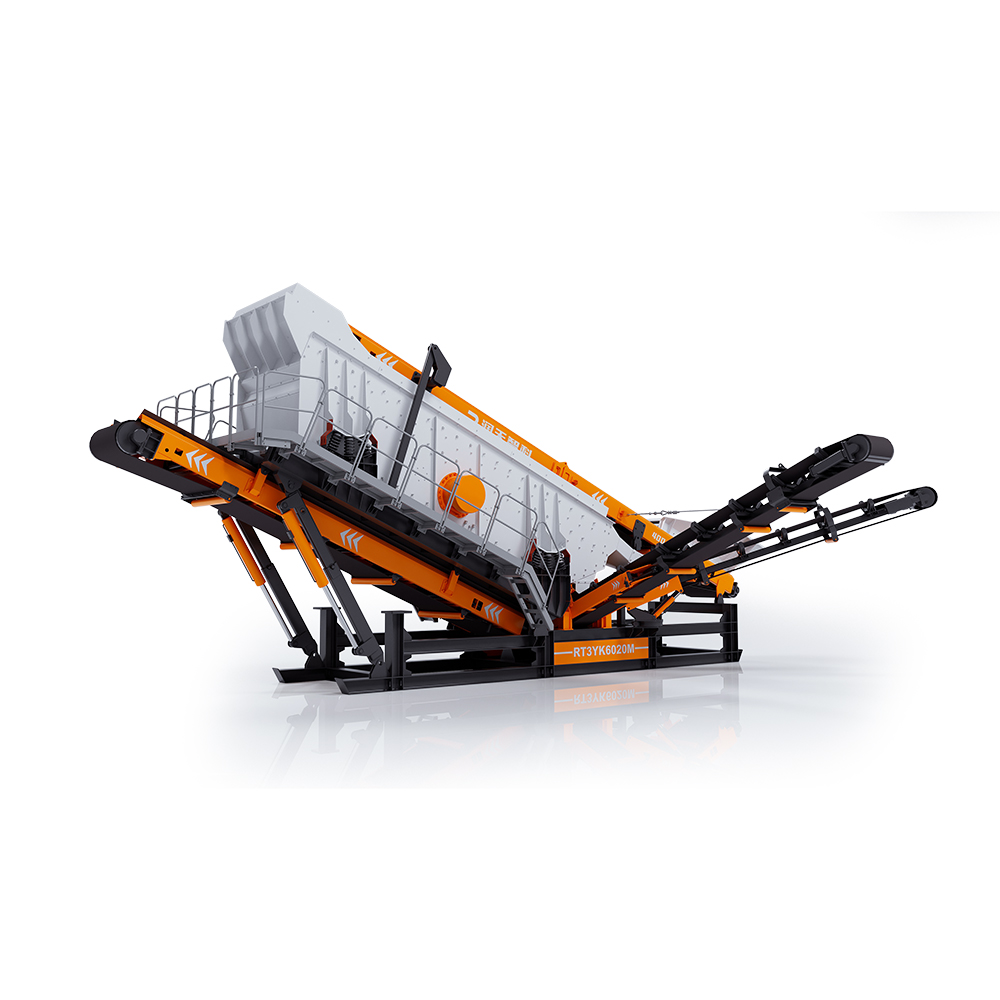 RT3YK6020M Modular Screening Plant
RT3YK6020M Modular Screening Plant
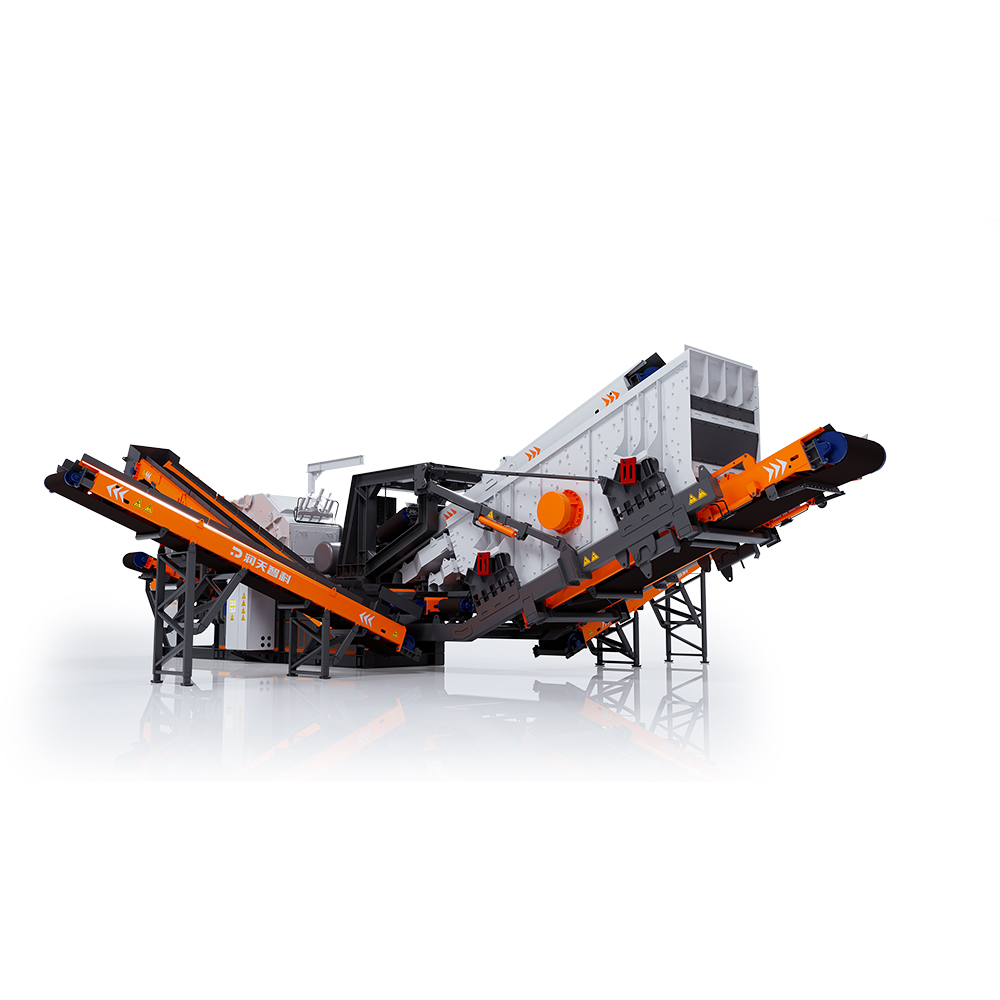 RTF260M Modular Counterattack Crushing and Screening Integrated Machine
RTF260M Modular Counterattack Crushing and Screening Integrated Machine
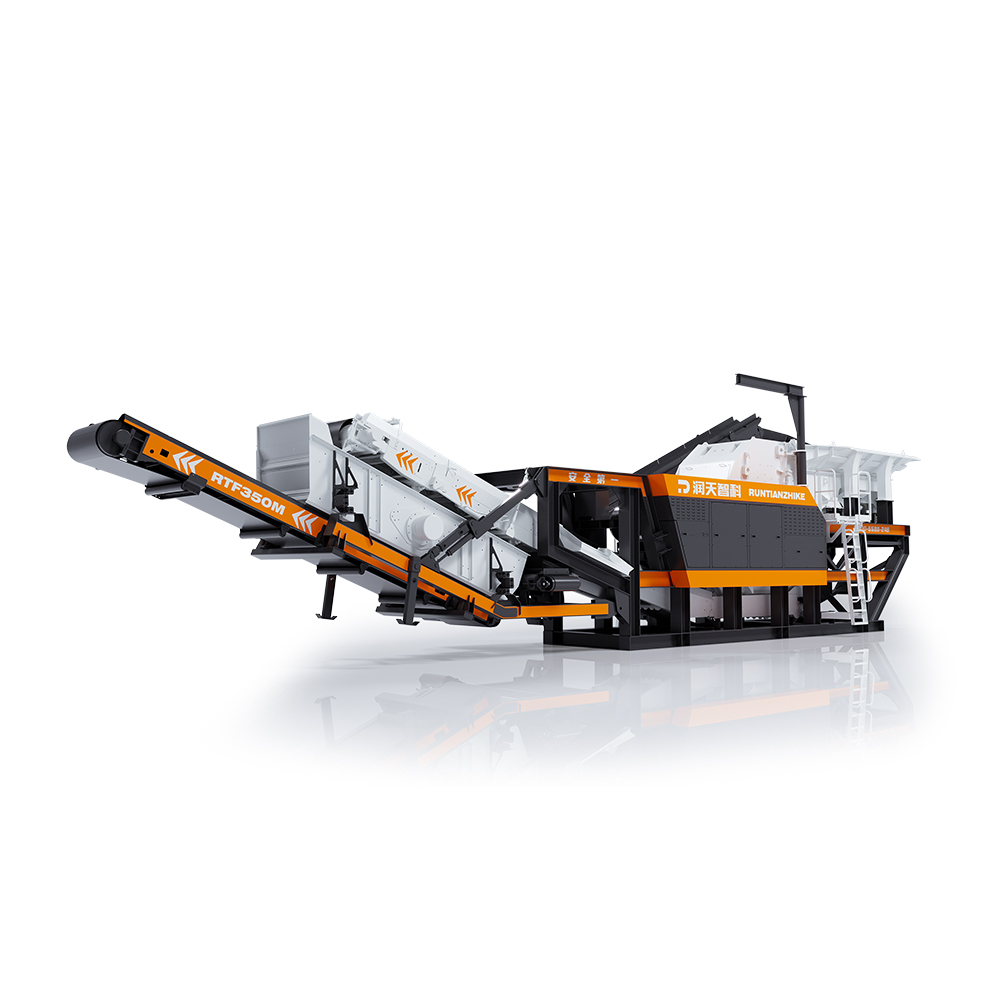 RTF350M Modular Impact Crushing Plant
RTF350M Modular Impact Crushing Plant
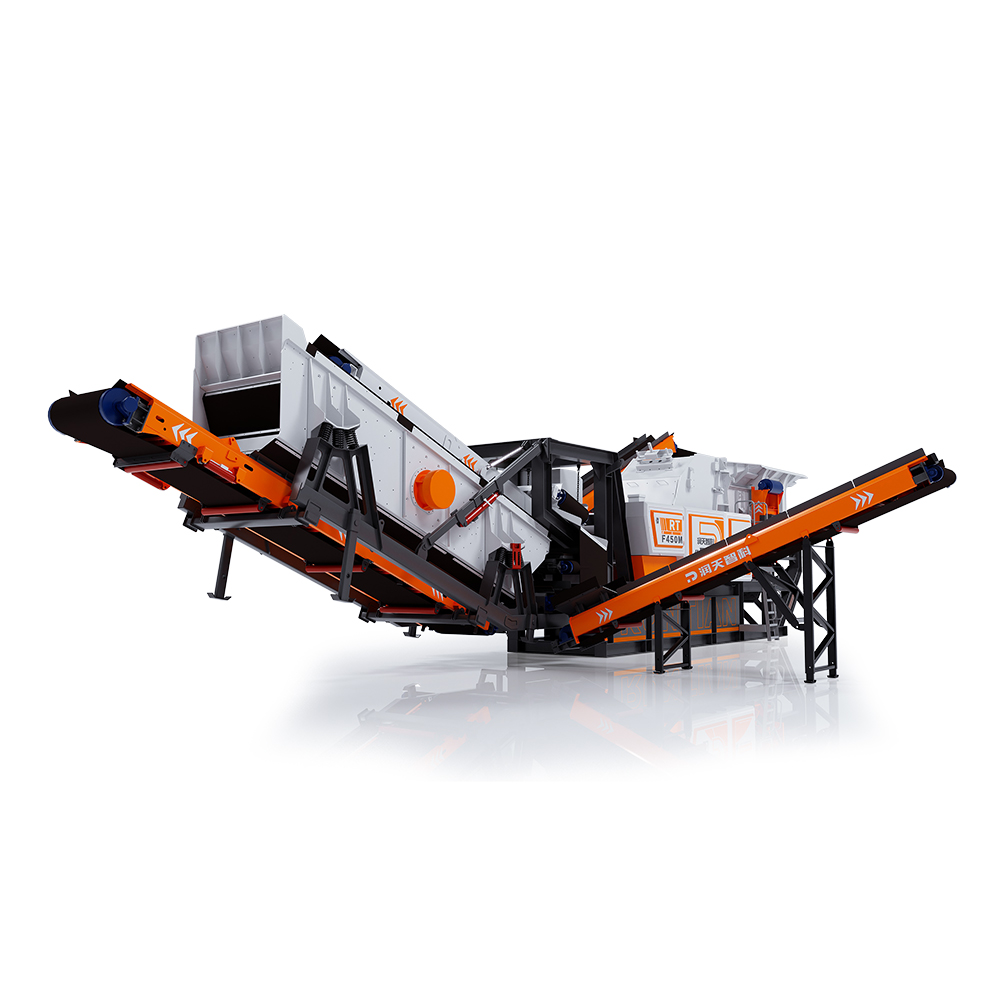 RTF450M Modular Impact Crushing Plant
RTF450M Modular Impact Crushing Plant
 Construction Waste Resourceful Treatment Line
Construction Waste Resourceful Treatment Line
Performances
Video
News
Blog
Contact Us
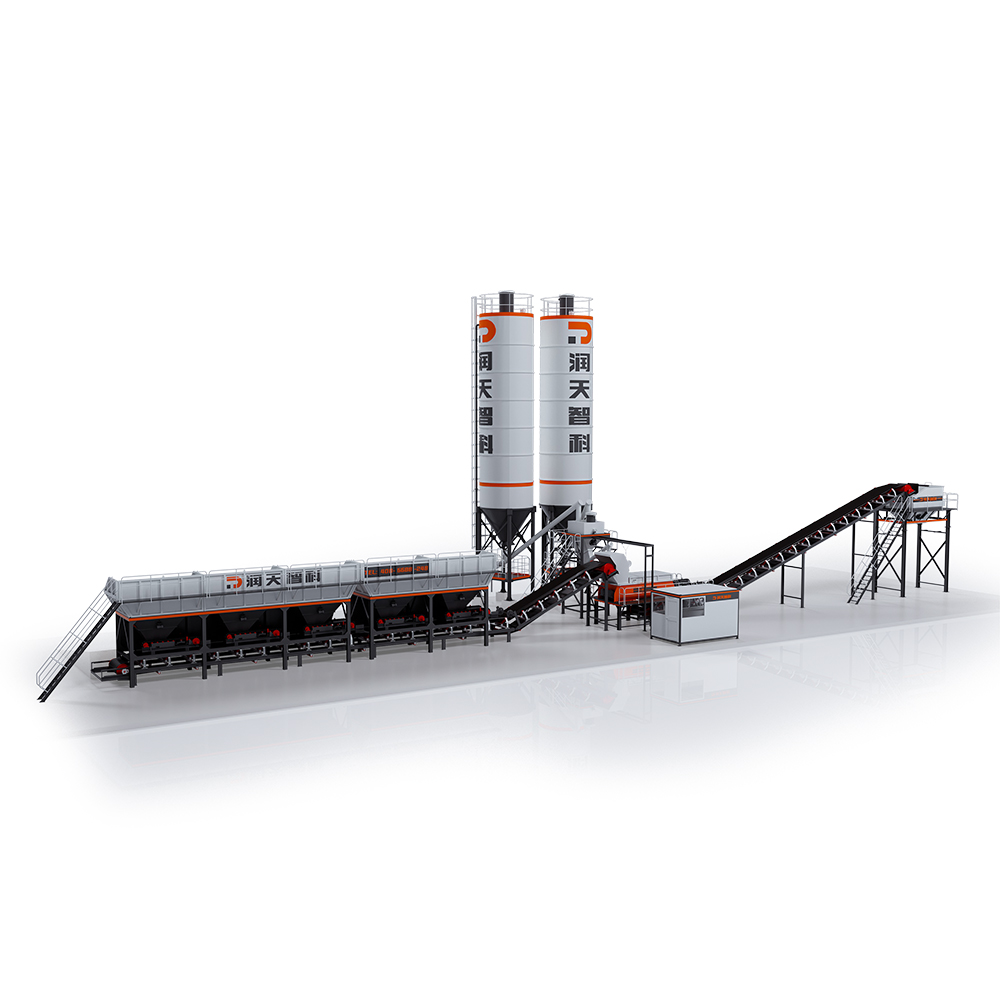 WDB Series Foundation-Free Stability Soil Mixing Plant
WDB Series Foundation-Free Stability Soil Mixing Plant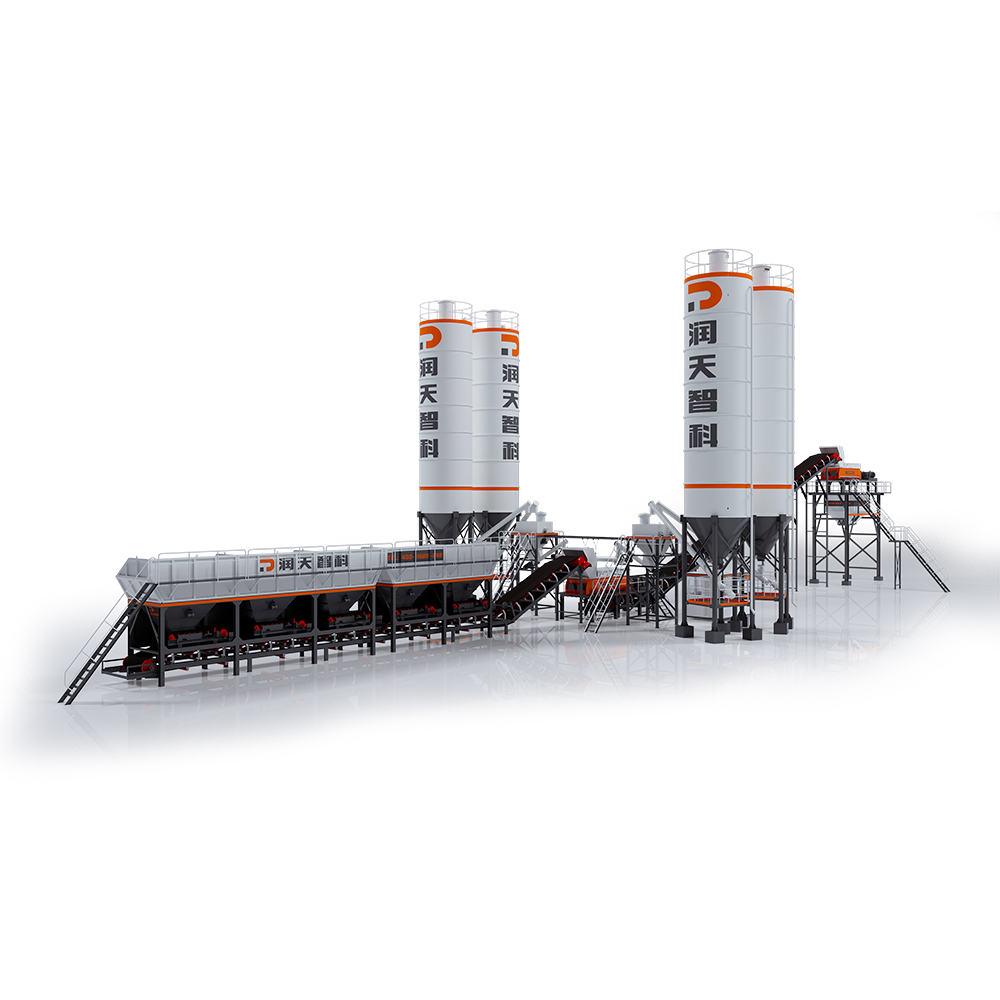 LCB Series Emulsified Asphalt Cold Regeneration Secondary Mixing Plant
LCB Series Emulsified Asphalt Cold Regeneration Secondary Mixing Plant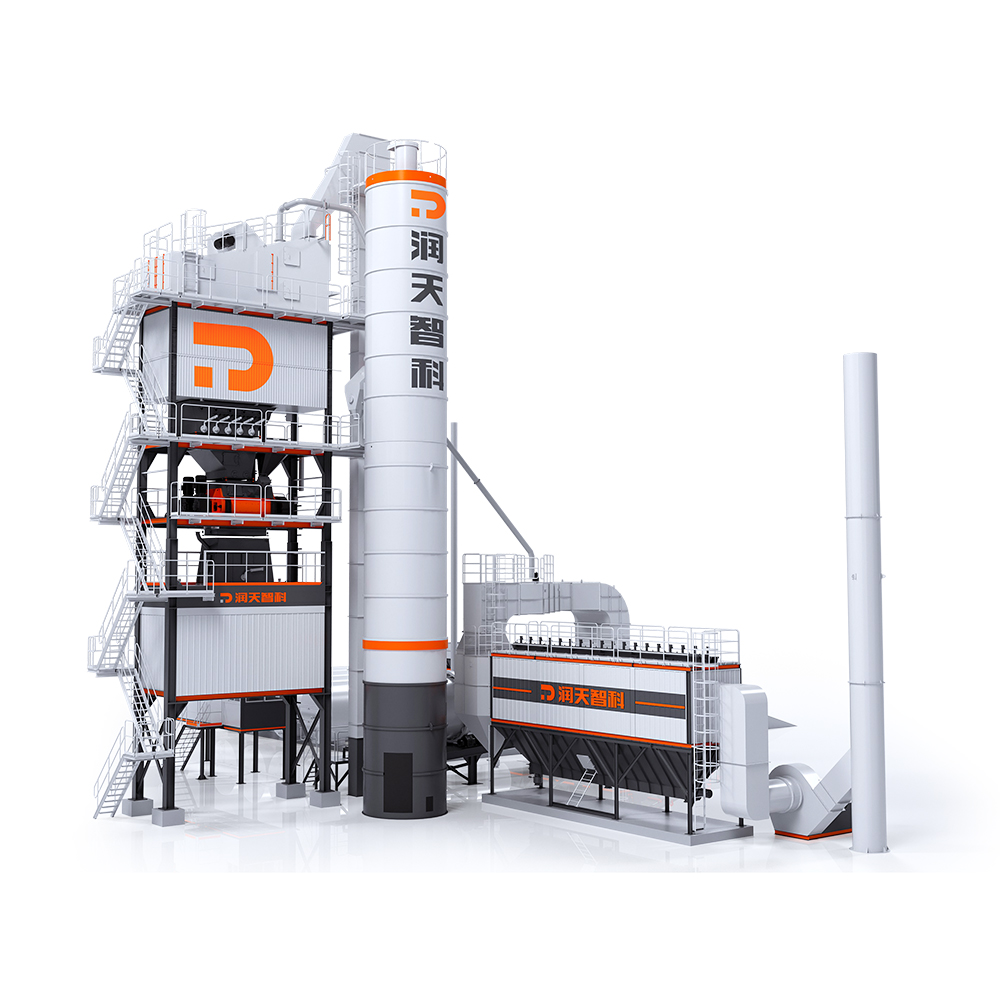 LB Series Asphalt Mixing Plant
LB Series Asphalt Mixing Plant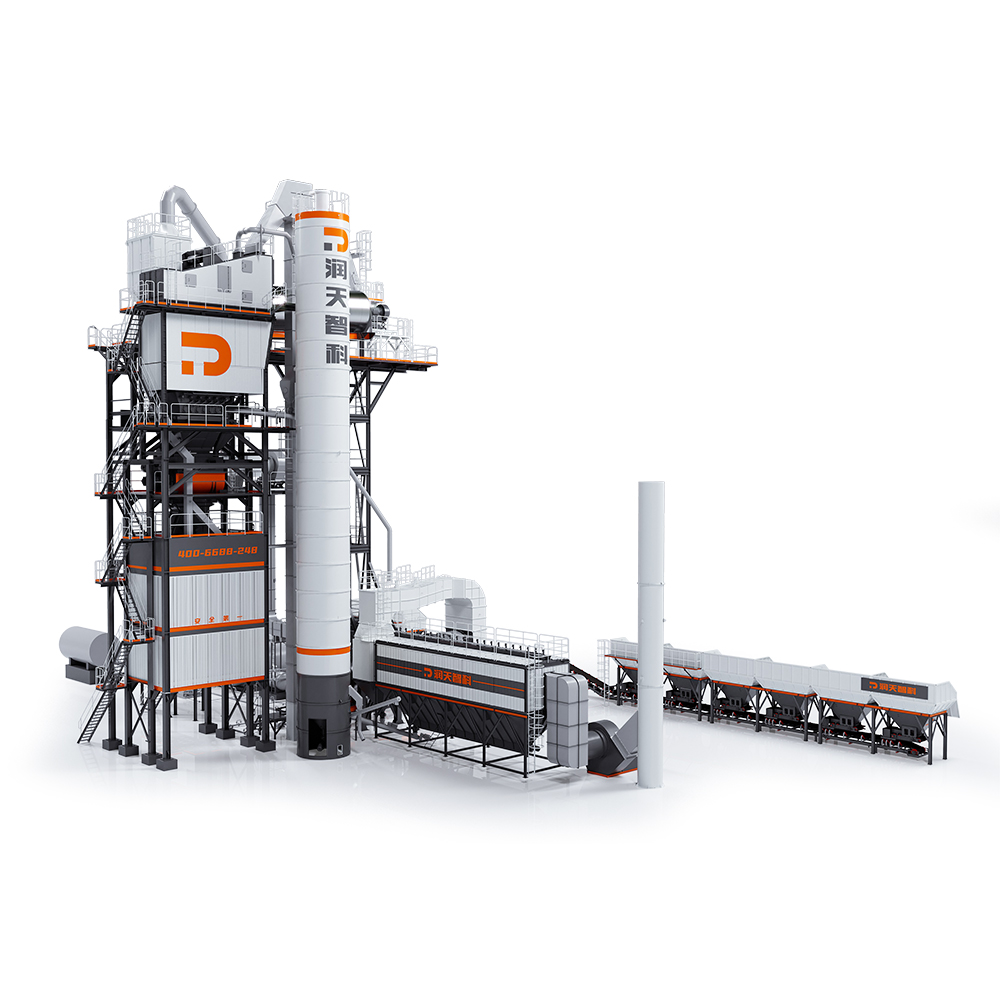 LBR Series Integrated Asphalt Mixing Plant
LBR Series Integrated Asphalt Mixing Plant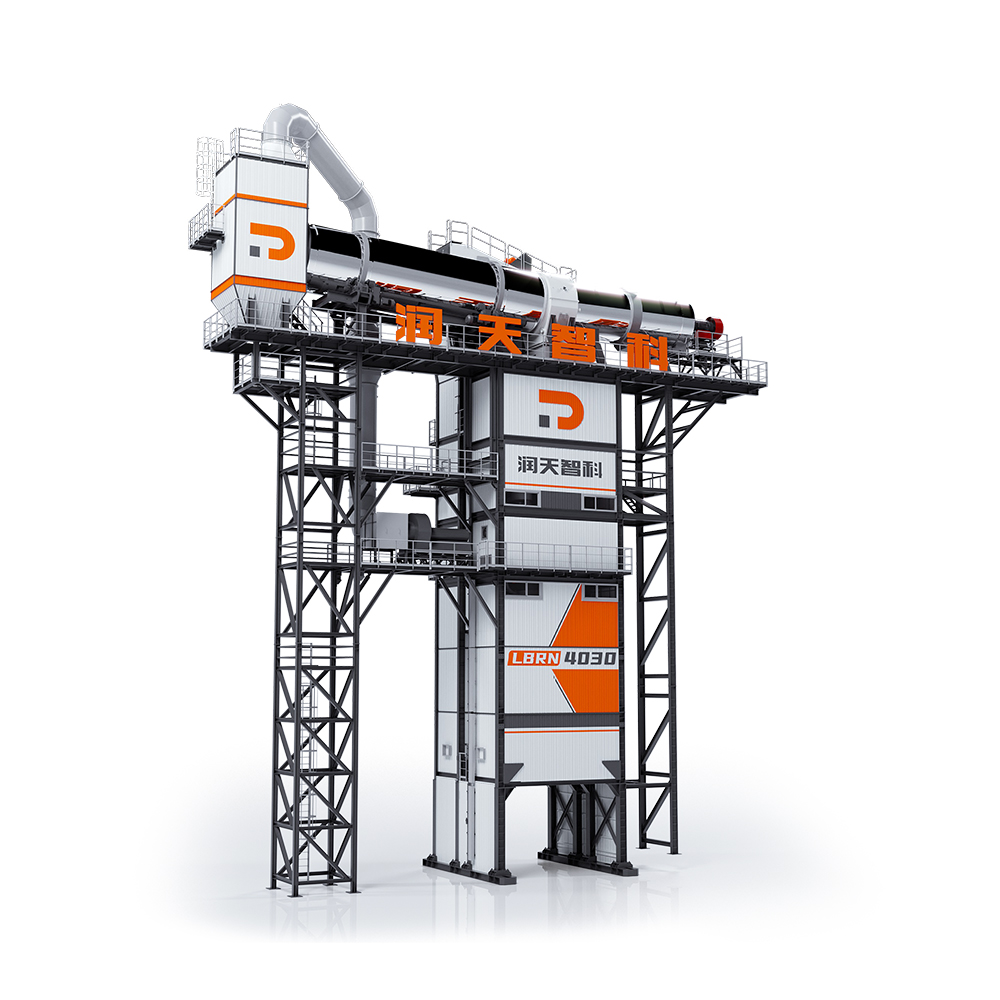 LBRN Series Counterflow Integral Asphalt Mixing Plant
LBRN Series Counterflow Integral Asphalt Mixing Plant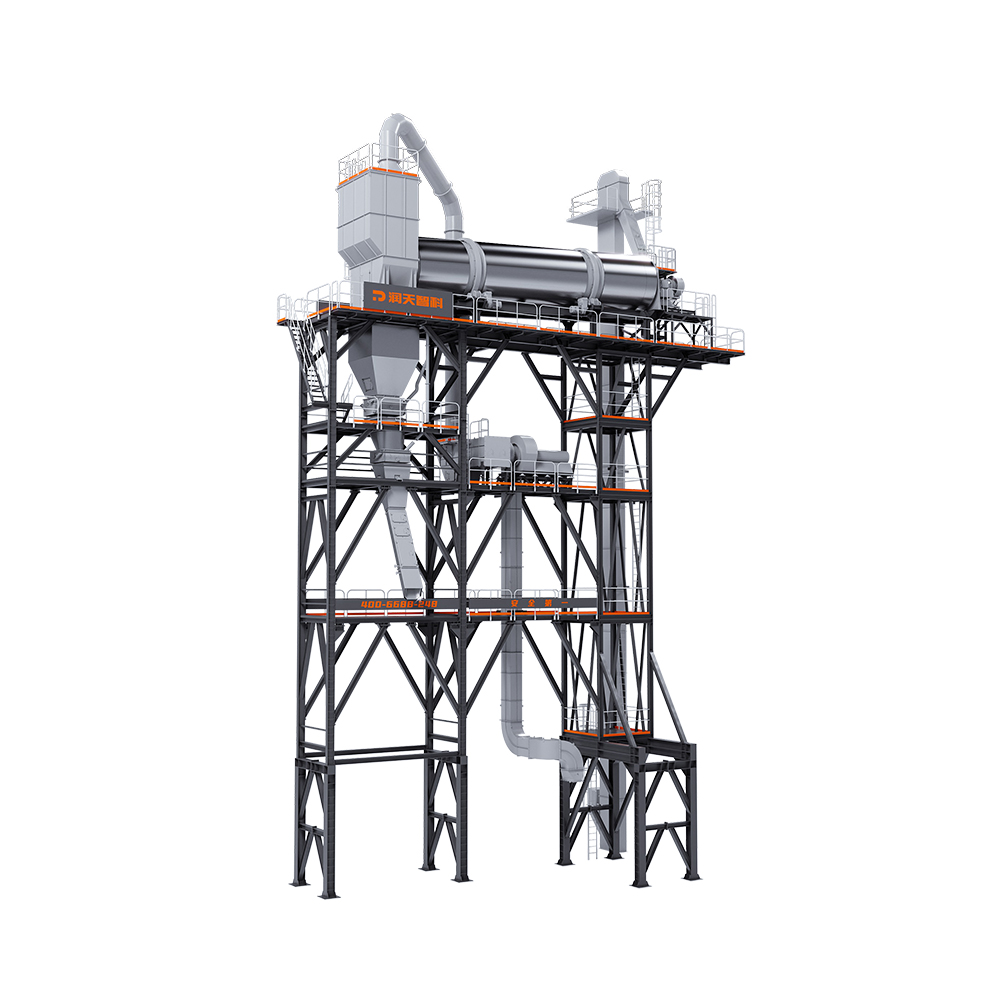 RZS Series Asphalt Mixing Plant
RZS Series Asphalt Mixing Plant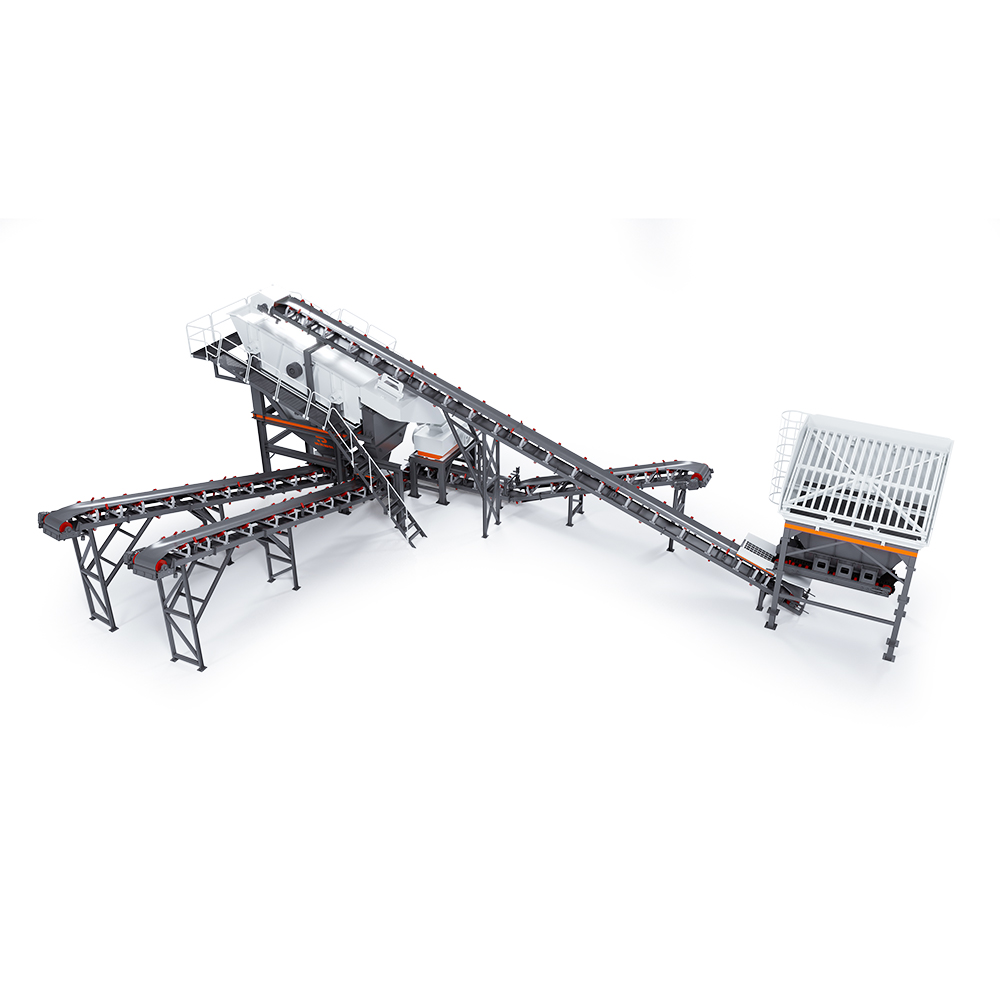 RTZS120 Series RAP Crushing & Screening Plant
RTZS120 Series RAP Crushing & Screening Plant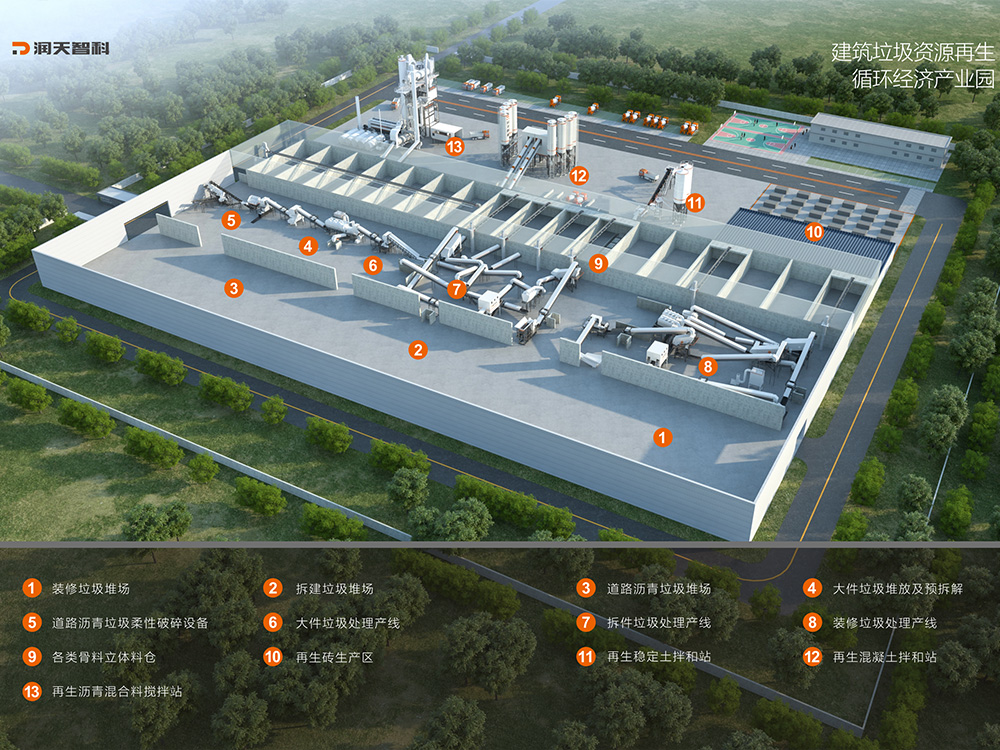 Construction Waste Resourceful Treatment Line
Construction Waste Resourceful Treatment Line





